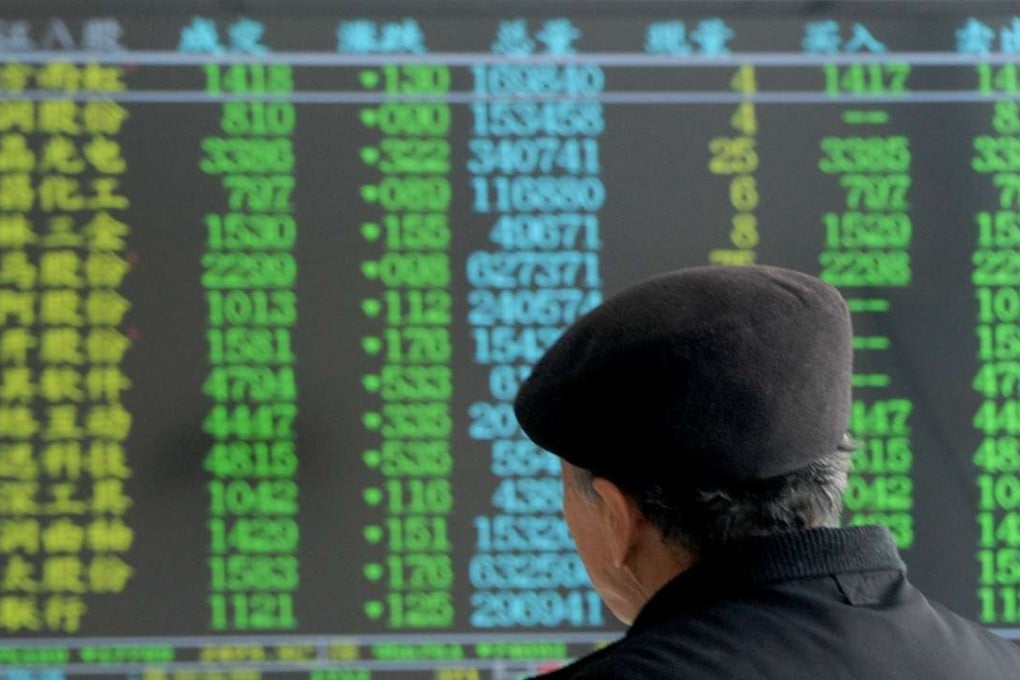The View | China’s small investors have this advantage over some of world’s most powerful money managers

Some 15 years ago, a survey of retail stock investors in China showed that nine out of 10 polled vowed to never put a put a dime in the markets again. Scandals were rife, earnings pitiful and many investors were angry at the clown-quality of companies listed on the domestic bourses.
In those days, foreign investors tended to get the best deals, such as being exclusively sold stakes in some of China’s best franchises like the duopoly in telecommunications, which provided monopoly-like returns in the late 1990s.
Another example is the run-up in China-based export stocks in the early 2000s, in line with the country’s fast-expanding trade surplus. Many of these exporters were non-Chinese companies like toolmaker Techtronic Industries, operating in China but listed overseas. Only those mainland Chinese investors who illegally opened up overseas trading accounts were able to get a slice of this action.
These days, however, trading conditions favour domestic investors, if haphazardly so. In an environment where credit creation remains robust but many sectors are officially or administratively closed off from new investment, the challenge is figuring out “where will the money go next?” It is a high risk, dangerous game, but Chinese investors are still up to the challenge, despite getting burnt in last year’s market crash.
Take the pop in commodities earlier this year. Unlike in the West, where professional investors do most direct commodities trade, in China retail investors can load up on metals, materials or agricultural goods with a few clicks on their smartphones.
There are still select cases of fantastic, monopoly-like profits. “A ‘Beat and Raise’ Quarter (Again)” is how Daiwa Securities titled its report last week on Tencent’s first-quarter earnings, which exceeded consensus expectations by 5 per cent as revenues jumped 43 per cent year on year in the first quarter and net profit rose 39 per cent. But such opportunities are dwindling, and foreign investors are worried about macroeconomic risks and high corporate leverage levels.
